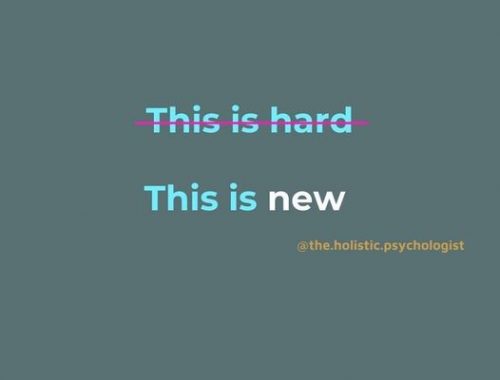We want to do it all
Strategy, advice, content development, creative, campaigns, training, relationship building. We want to do it all. Communications professionals are often high achieving, high energy, perfectionists. We have to be, it’s part of the role. It means that we want to deliver great, not mediocre.
The problem is this isn’t always achievable… It’s time for some hard truths.
Hard truth no. 1 – you can’t do it all
It is almost impossible to do everything well, all of the time—the end.
Ok, not the end. Sometimes we can deliver a fantastic, well researched, well planned and implemented communication strategy which we then evaluate and report on. But let’s be honest, those times are rare. Most of the time, we don’t have enough notice or time in the day to deliver that level of quality as much as we may want to. We want to develop great creative, audience-centric content but what we deliver is a quick social post or media release because that’s what there is time for…this time.
We all want to be putting out great comms, but ultimately something has to give. Do you have the capacity to check every page of web content? To develop and implement a full strategy every time? To develop amazing graphics for every social post? No? Who does!
Ultimately, we will never have enough internal resources to do everything everyone wants from us or to offer every service. Especially if you are in a big department, there are simply too many different priorities for you to offer a full creative, innovative services to everyone.
Hard truth no. 2 – it was me, not you
I have talked to many communications professionals who want to be involved in every aspect of the business and get frustrated when business areas cut them out. What they often don’t think about is the customer experience that leads to clients avoiding them.
The reason some business areas don’t come to your team for support is that they have been disappointed in the past (not all of them, some of them are just jerks) – either because you were late, the quality was poor, or you didn’t deliver what they needed at some point in the past.
Trying to do everything and be involved in everything often either means you kill yourself trying or you disappoint someone. It’s not because you don’t have the best intentions or lack of trying. Every communications team I know wants to deliver their best.
Let it go, let it go
Sing along. You can’t do everything, and if you try to, ultimately you may end up doing a terrible job.
So what gives? Where do you let go? What are you willing to let through to focus on fewer things but do them well? Pick your battles.
You can’t figure this out on your own, you need to talk to the rest of your team and importantly your internal clients. Where do they need your support? Where can you add the most value? You don’t need to take their feedback as gospel, and there will be widely differing views, but you need to understand what your ‘audience’ needs from you.
This is going to be the hardest step – I won’t lie.
Operating model
Another thing to consider is how are you structured and what is your operating model? Is it working? Or have you set yourself up to fail?
Taking time to review what you need to be delivering and how you are set up to do it is a worthwhile exercise every few years. Don’t just keep doing the way you always have if the world around you or the expectations of your services have changed.
Check out my article on the different approaches you could take in your team.
Be honest
Everyone wants everything right now. That’s just how our world works. In a department with competing priorities (all of them), every line area will think their thing is the most important.
Instead of pushing back, we will often say yes and take on more and more work. This is terrible customer service! You are setting expectations you can’t meet, and instead of negotiating a longer time frame or fewer deliverables, you will just disappoint someone when you don’t deliver what you said you would.
Critical to improving your internal relationships is setting clear expectations about service delivery. Under promise over deliver, rather than the other way around.
Self-service
We all hated the self-service checkouts when they first came, but we got used to them over time–understood where to find the fruit and veg, how to add another bag, or tell the machine the toilet paper is on the ground. Change takes time for both the people who are implementing it and those receiving the service.
When I worked in-house, we got feedback from the Executive one time that they wanted us to “be more strategic” I had no idea what they meant, we wrote strategies, we were in all the meetings… When I talked to one of them, he said, ‘I don’t want your team reformatting documents to be on brand or changing web content to make it accessible my team should be doing that themselves before it gets to you’.
In our drive to provide great customer service, we had been over-servicing and making people unconsciously helpless (killing ourselves in the process). Often it was easier to do it ourselves than discussing why you needed to use accessible colours or format. It meant the line areas never changed their behaviour.
What are you doing now that really the staff in the line area should be doing? What can you create to allow them to do it themselves?
Wrap it up
Sorry, this was a long one, but it’s so common and so unspoken that it was worth writing about. This won’t solve all of the problems, it won’t instantly make work achievable but stopping and taking an honest look at how you are working and servicing your clients will help you work out where you can change.
Not sure where to start or need help with a review of your services, give me a call.

